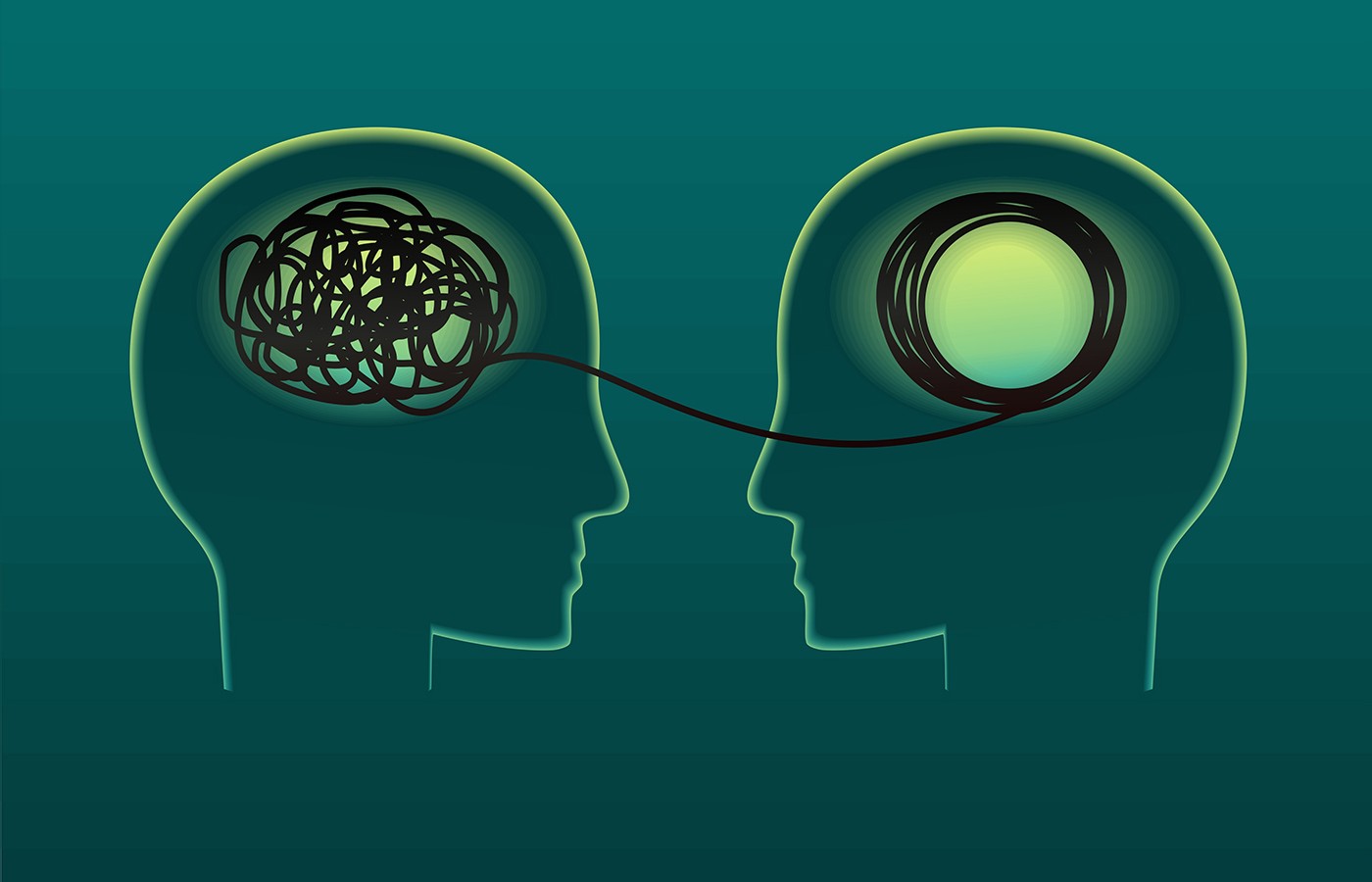Whether you accept it, avoid it or live somewhere in between, insurance coverage has become a defining issue for our profession. Patients increasingly expect to use their benefits, practitioners want to be compensated fairly for their time and expertise, and the system itself remains – at best – fragmented. The encouraging news is that coverage has expanded in meaningful ways. The challenging news is that reimbursement, across the board, remains inadequate.
Psychedelic-Assisted Therapy: A Role for Acupuncturists?
- Many acupuncturists are trauma-informed practitioners and already well-positioned to support patients who are moving through heavy emotional and mental states (within their scope, of course).
- As such, it is rightly conceivable that acupuncturists may support the psychedelic ecosystem in several important ways.
- Acupuncture treatments may help patients to ground, center, and regulate their nervous system during integration, as well as support proper qi flow and enhance mind-body connection.
The world seems to be abuzz these days with what some are calling the “psychedelic renaissance,” a veritable revival and reimagining of utilizing both natural and synthetic psychedelic compounds to encourage states of healing in its participants. Research into psychedelics is robust and ongoing as various stakeholders mobilize their efforts to elucidate the benefits these medicines may offer.
Psychedelic-assisted psychotherapy (PAT) is gaining attention as a means to marry the use of psychedelic medicines with psychotherapy modalities for improved mental health outcomes in some of our most vulnerable populations. Dr. Rick Doblin, president and founder of the Multidisciplinary Association for Psychedelic Studies (MAPS), estimates that a staggering 30,000 well-trained therapists will be required to meet this future need, as psychedelics become FDA-approved.¹
As an acupuncturist and recent graduate of a psychedelic-assisted therapies and research certification program, I’ve considered how other acupuncturists might fit into the psychedelic landscape as these medicines are introduced into our health care system. If 30,000 therapists are being called on to meet the public need, it makes sense that we think broadly to include practitioners of other disciplines to serve as additional resources for patients seeking quality support.
Many acupuncturists are trauma-informed practitioners and already well-positioned to support patients who are moving through heavy emotional and mental states (within their scope, of course). It is rightly conceivable that acupuncturists may support the psychedelic ecosystem in several important ways.
First, as health care providers, we are privy to a variety of medical options our patients are utilizing to manage their conditions, and some of us may already be treating patients who are working with psychedelic medicines in other settings. Examining the current research and staying informed about the trends in this field of emerging medicine is a starting place for acupuncturists to knowledgeably support our patients in the ways they may need.
Second, acupuncturists may offer support to their patients in pre- and post-stages of PAT. To be clear, these are the times when patients are not taking any mind-altering substances.
Although the future of PAT is largely undefined and will surely encompass a variety of therapeutic models that may look vastly different from one another, there are some basic stages that appear fundamental to the arc of PAT.
Most therapeutic models begin with a preparation stage that involves medical screening, health history gathering and several meetings with licensed professionals who will be facilitating the medicine journey. During this preparatory time, the patient may have many emotions arise in anticipation of the psychedelic experience, as well as any content that has been discussed with the therapists specific to what they are seeking to work on.
Acupuncture is a well-known nervous system stabilizer and can help support patients during this time to regulate their body systems. This may be a beneficial time for patients to receive calming, nourishing acupuncture treatments as they prepare for their impending psychedelic work.
Once the preparation stage is complete, patients schedule a medicine journey in the care of qualified professionals. These sessions can last the better part of a day, and participants create space to rest and recover in the days following the session.
Soon after their medicine treatment, the integration stage begins. Generally, this takes place over several appointments during which the therapist(s) and patient sort through the material that arose during and since their psychedelic journey. Similar to the preparation stage, strong emotions and physical sensations may arise as the patient integrates information that has come to the forefront.
A recent research analysis on psychedelic integration practices published in Frontiers in Psychology (2022) indicates a number of modalities as potentially helpful during this integration period, including acupuncture, qi gong, massage, meditation, breathwork, journaling and connection with nature.² Acupuncture treatments may help patients to ground, center, and regulate their nervous system during integration, as well as support proper qi flow and enhance mind-body connection.
Many forms of PAT demonstrate careful attention to all levels of the human expression of being and would rightly be defined as having a holistic perspective, complementary with acupuncture. MAPS illuminates some of these considerations in their psychedelic integration workbook, emphasizing the domains of mind, body, spirit, lifestyle, relationships and community, and nature as patients work through information from their medicine journeys.³
For people everywhere, having a plethora of resources to draw from when making personal health care decisions is a quintessential human right in modern times. It is plausible to consider that patients may choose to add PAT to their wellness repertoire to meet their particular goals. As acupuncturists, we may begin to consider our potential supportive roles for our patients navigating the psychedelic health care landscape, as well as seek out more learning opportunities on the subject.
These are very exciting times indeed, with much consideration, hope, and evidence-based science to usher in new opportunities aimed at addressing the needs of millions of people around the world.
References
- Newvine C. “CIIS Expands Training in Psychedelic-Assisted Therapies to Boston.” Lucid News, 2021.
- Bathje GJ, Majeski E, Kudowar M. Psychedelic integration: an analysis of the concept and its practice. Front Psychol, August 2022;13:824077.
- MAPS Psychedelic Integration Station. Multidisciplinary Association for Psychedelic Studies: https://maps.org/integration-station/.
Important Disclaimer: Laws regarding the use of psychedelic medicines are changing rapidly and vary widely among local, state, federal, and international territories. This article and the author do not endorse nor encourage the use of illegal substances and adamantly do not encourage any untrained/unlicensed practitioners to work with persons who are actively under the influence of psychedelic medicines. Every person has unique circumstances and will require support that is highly personalized to their individual needs if they choose to explore PAT options. Consultation with licensed physicians is imperative for patient safety.



